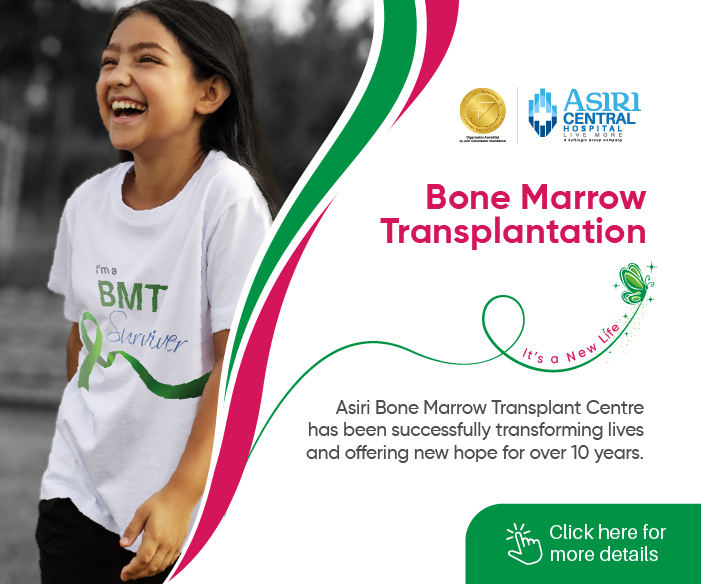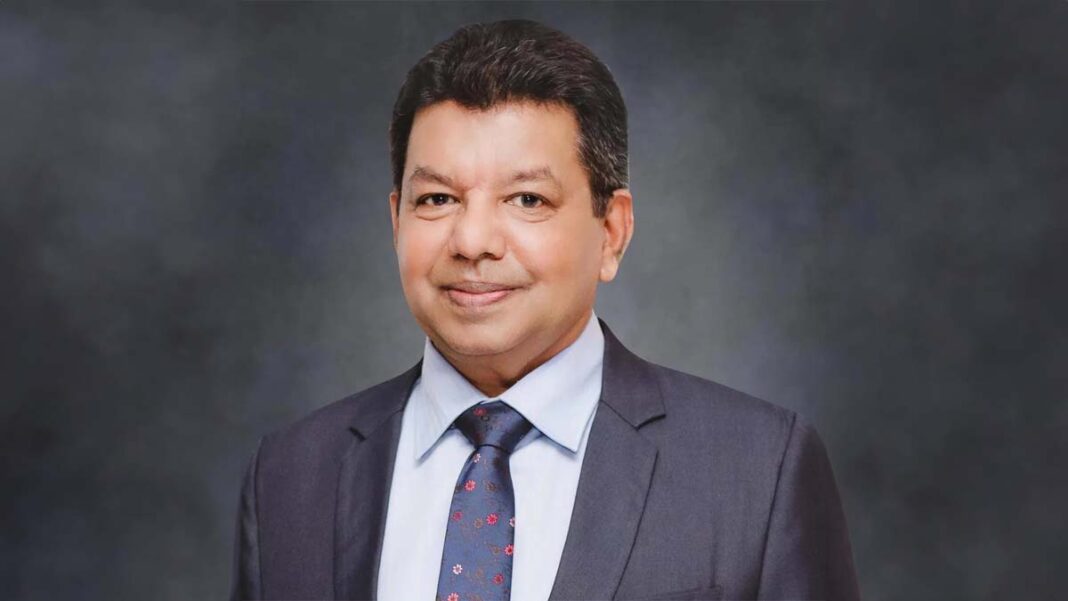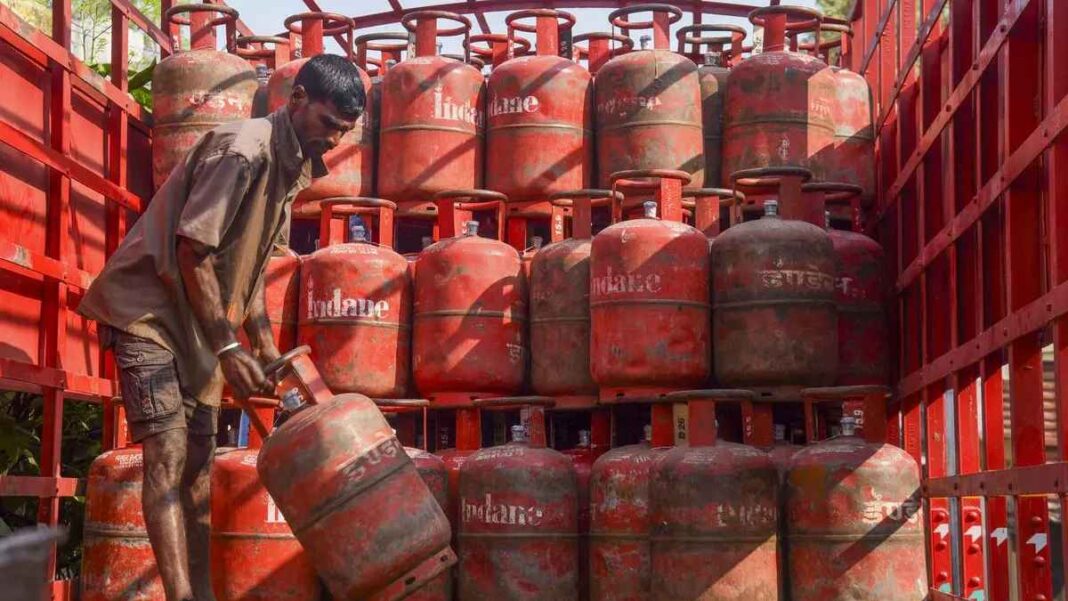Any tourists in Sri Lanka on tourist visas cannot carry out businesses in the country, asserted Sri Lanka Tourism Development Authority (SLTDA) Chairman Priantha Fernando, in an interview with The Sunday Morning. “It is specifically stated when the visa is granted that it’s a tourist visa,” he added.
Commenting on the operation of illegal businesses in the country by tourists, he said that any foreigner who wanted to do business in Sri Lanka could do so the legal way and that the SLTDA and the Tourist Police, along with the Department of Immigration and other related agencies, were working to address the issue of illegal businesses.
“When it comes to tourism, the informal sector tends to mushroom with demand building up. Most of these activities are related to the informal sector, which is not policed by us and where we have no authority on quality standards and so on. We are trying to create a link at provincial level to say that if it has anything to do with tourists or is tourism related, they should first check with us and insist that our approval has been obtained,” he added.
Commenting on the discrimination taking place against locals, with ‘whites only’ places and events, Fernando said that the SLTDA would come down very hard in this regard.
“We managed to get two events that were planned in Unawatuna and another place cancelled. When you say ‘only for whites,’ it is not discrimination only against Sri Lankans, but also against other communities – Indian, Chinese, and Japanese nationals, for instance, will be seen as ‘non-whites’. That is going to do a lot of damage not only from a local perspective but also from a tourism perspective. That we will not tolerate,” he explained.
Following are excerpts of the interview:
What is the SLTDA stance on tourists, especially those from Russia and Ukraine, carrying out unauthorised businesses in Sri Lanka?
It’s not only Russia and Ukraine; any tourists here on tourist visas cannot carry out businesses in Sri Lanka. It is specifically stated when the visa is granted that it’s a tourist visa. Normally the visa is granted for 30 days and they can get it extended through the Department of Immigration.
In terms of the recent issue with the Russians and Ukrainians, in February 2022, when the Russia-Ukraine war broke out, the Government made certain concessions for the Russians and Ukrainians who were stranded in Sri Lanka, allowing them to stay in the country for a further period by extending their visas even without a fee. This lapsed on 28 February this year as the facility was granted for a period of two years.
The directive given by the Controller General of Immigration was in respect of this particular segment of Russians and Ukrainians who were in Sri Lanka. There was some misunderstanding saying that all Russian and Ukrainian tourists had to go back within 14 days, which is not correct. It was for that specific segment.
Even in relation to this segment, our stance from a tourism perspective was that if Immigration could have the criteria and guidelines available for the benefit of all and if any person could prove that they had sufficient resources to support themselves in Sri Lanka, to consider giving them a visa.
It’s basically a small number of people from this group which came in 2022 who got into business in Sri Lanka, mainly down south, opening up cafés and restaurants and going into water sports-related activities, renting houses, getting more people to come down from those countries, renting those rooms, and so on, which they were not permitted to do. They got themselves into businesses unofficially.
For any foreigner who wants to do business in Sri Lanka, there is a legal way of doing so. If it’s a large-scale operator, they can get Board of Investment (BOI) approval with the necessary clearance and start a hotel or whatever business they want in Sri Lanka the legal way. If it is a Small and Medium Enterprise (SME), they can go for a joint collaboration where the local collaborator has to show 51% of the equity and the foreigner can have up to 49%.
There are legal ways and means if any foreigner wants to get involved in doing business in Sri Lanka to do so; they don’t have to do it the illegal way.
However, Sri Lanka makes it really difficult for foreigners to operate legitimate businesses here. How can we make the process easier, which will encourage sorely-needed investment?
The guidelines are clearly there. For example, if we go by SLTDA registration, we have authorised some 50 establishments to even employ foreign people in Sri Lanka in their businesses. If it is BOI-approved, it could even be a 100% foreign-owned operation. For example, they have set up hotels, sometimes with local equity, and then we periodically renew their visa. We have the criteria to do so.
When they establish a business through the formal channels, they have to bring in a certain amount of money. If they are in business, when they come for renewal of their visas, they have to prove that they have paid the Tourism Development Levy (TDL), the other taxes, and so on. The audited accounts have to be submitted. We go through them and if everything is in order, we recommend the extension of the visas.
There have been instances where we have refused visa extensions when they have been unable to prove that they have paid the TDL, taxes, and so on. Sometimes they say they are going to bring in $ 50,000 and initially bring in $ 10,000 but fail to bring the balance through the normal banking channels over the following months. In such instances we have been quite firm and not recommended visa extensions. However, we are definitely open to foreigners coming in and staying long term in Sri Lanka.
Now we are even promoting the retirement home option, targeting the elderly to come here and spend their time in Sri Lanka in retirement. Providing they can show that they are bringing in the required resources, we will be more than happy to make the recommendations and facilitate them.
In terms of the illegal businesses that are currently in operation here, what is the SLTDA doing right now to address the issue and does it have the resources to tackle this?
We do not have the resources on our own, but we have got the Tourist Police involved and we have to work hand-in-hand with Immigration and other related agencies.
Down south we did a pilot on some information we received that there were foreigners carrying on business and so on. We carried out a pilot on six of these establishments and found that four of these six were permitted. They had a local authority licence to carry out the business, they had a business registration – in some instances it was with a local collaborator where they had incorporated the company – and the foreigners had got resident visas through other channels. If everything is in order, there is no way that we can find fault. However, there are many loopholes, which have to be plugged.
When it comes to tourism, the informal sector tends to mushroom with demand building up. Most of these activities are related to the informal sector, which is not policed by us and where we have no authority on quality standards and so on.
How can that be addressed? What can the Government do and what does the SLTDA need?
How it happens is, they will have a local business licence registration, an eating house licence, and a trade licence obtained at provincial level.
We are trying to create a link at a provincial level to say that if it has anything to do with tourists or is tourism related, they should first check with us and insist that our approval has been obtained – that they are registered and licenced with us – and only then allow them to get the eating house licence and trade licence.
Otherwise, at a national level, the planning that we do is of no use. For example, we might say the total room capacity should be a certain number, based on several evaluations that we carry out, such as the economic, social, cultural, and environmental impact. It is after taking all of this into account that we give the carrying capacity of a certain destination, which should not be exceeded.
However, if the local authorities are permitted to do what they are doing at will and without any consultation, it nullifies all efforts at national level. This is where we are trying to link up with the provinces and then have a controlling mechanism where they will not provide an eating house licence or a trade licence without referring it to us.
Now we have about 52,000 rooms in the formal sector through about 4,800 units, comprising homestays, villas, boutique hotels, one- to five-star guest houses, and so on across the accommodation sector.
At the same time, the informal sector has been mushrooming and also has at least 35,000-40,000 rooms right now. They do not come under any quality control standards and so on, which is detrimental to the destination in the long run. Social media is so powerful today that bad experiences tourists have in these places will reflect across the entire industry.
Unfortunately we don’t have the resources right now and we are trying to get the enforcement unit going again.
Why was the SLTDA’s enforcement unit disbanded in the first place and what steps are being taken to reactivate it?
This unit was in place until mid-2022, with staff having been recruited on a contract basis. Unfortunately the unit came up somewhere around 2019 at a bad time when the industry was affected by the Easter Sunday attacks and thereafter the Covid outbreak and so on. As a result, it could not achieve its objectives – not due to any fault of theirs but due to the country situation – and the unit was not allowed to go ahead.
Since we come under so many evaluations, at that time the performance had been considered as poor without giving any consideration to the conditions under which they were compelled to work. Now we have cleared most of the hurdles and we are trying to reactivate the unit via recruitments.
The unit had some retired Police officers and it was headed by a retired DIG; we need people with experience to handle this unit, which works in close consultation with the Tourist Police, normal Police stations, and so on.
As per Act No.38 of 2005, which governs tourism, no establishment can provide services to foreigners unless they are registered with the SLTDA. We are empowered to legally take action against all those who are involved in these informal activities. With Covid and so on, we were on a low key and gave them some breathing space to fall in line with our quality standards and register with us. Some have already done so but there are many more.
How will the Government decision to cancel the free visa facility impact Sri Lanka’s tourism prospects?
As I said before, the cancellation was only applicable to a particular segment – those who were stranded in Sri Lanka when war broke out between Russia and Ukraine. We have granted the free visa facility to seven countries until 31 March. The Tourism Minister will go before Cabinet to get this facility extended until the end of this year for these seven countries.
It will be extended as it has done a lot of good, had a positive impact in those markets, and numbers have increased. We have to continue with it at least until December to ensure we make maximum use of it. It will definitely boost markets like China, which is opening up.
If you take Thailand, it offers free visas and people tend to go there. Sri Lanka is not the only country that is open to markets like China, India, Russia, and so on. We have to be competitive. We have to make sure that we offer them some incentives to consider Sri Lanka.
How do you view the discrimination taking place against locals, with ‘whites only’ places and events? What is the SLTDA doing about it?
We will come down very hard on it. We managed to get two events that were planned in Unawatuna and another place cancelled. When you say ‘only for whites,’ it is not discrimination only against Sri Lankans, but also against other communities – Indian, Chinese, and Japanese nationals, for instance, will be seen as ‘non-whites’. That is going to do a lot of damage not only from a local perspective but also from a tourism perspective. That we will not tolerate.
We have checked in detail and these places are in the informal sector. Unfortunately we cannot directly intervene but we are trying to see how best we can take legal action against them and it is in motion right now.













